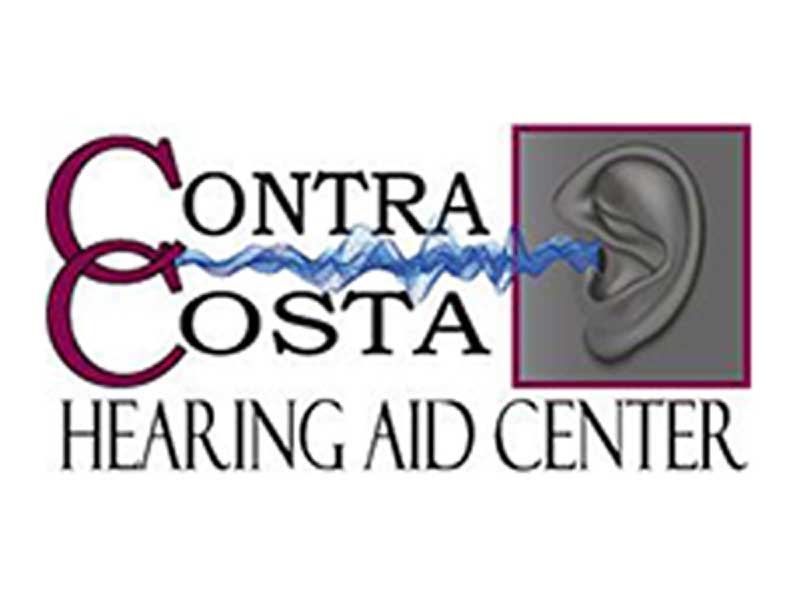One of the more frequent questions we are asked is, “My hearing aid is broken or just isn’t functioning the way it used to – do you think I should purchase a new one, or have it fixed?” The answer is “Depends.” It is really an individual choice, and the “best answer” is as individual as the individuals who ask it.
For starters, it must be mentioned that hearing aids – no matter how well-crafted they are or what their initial cost was – sometimes fail, or start to perform incorrectly. The surroundings that hearing aids live in – your ear canals – is an inhospitable one for complex electronic instruments, full of ear wax (cerumen) and moisture. Ear wax is natural and essential because it safeguards the delicate lining of the outer ear, but it can be tough on hearing aids; moisture that stays in the ears after showering or swimming can be even tougher on them. Add to these two issues breakage (from unintentionally dropping the hearing aids and natural wear and tear (as internal tubing or parts degrade), and you can safely bet that at some point your hearing aid will need either replacement or repair.
So how do you choose between repair and replace? The most important consideration really is you, and whether you like your existing hearing aids. If you do, it might be easier for you to have them repaired than to change to newer digital hearing aids with a notably different set of sound characteristics.
A second thing to consider, obviously, is cost – whereas a new pair of hearing aids might cost thousands of dollars, your current hearing aids may cost only a couple of hundred dollars to repair. This economic issue can be affected by insurance, however, which in some cases covers new or replacement hearing aids, but will not pay to have existing hearing aids repaired.
If you choose to go after a repair, the next logical question is “Should I return them to where I bought them?”There are several added benefits bringing them to a local hearing instrument specialist or hearing instrument specialist as opposed to trying to deal with a remote repair laboratory directly. First off all, they can establish if repairs are actually needed. Second, they may be able to get the repairs done on site decreasing the length of time you are without your hearing aid. If they need to send the hearing aid back to the manufacturer or outside lab for major repairs, they’ll make the process easy for you and you may even get a better price because they work in bulk.
If you opt to replace your hearing aid, you’ll have many new options to look at since the last time you shopped. Newer hearing aid models may have functions that interest to you, and can be finely adjusted to satisfy your individual hearing needs. Ultimately, the “replace or repair” question cannot be answered by anyone besides you.
